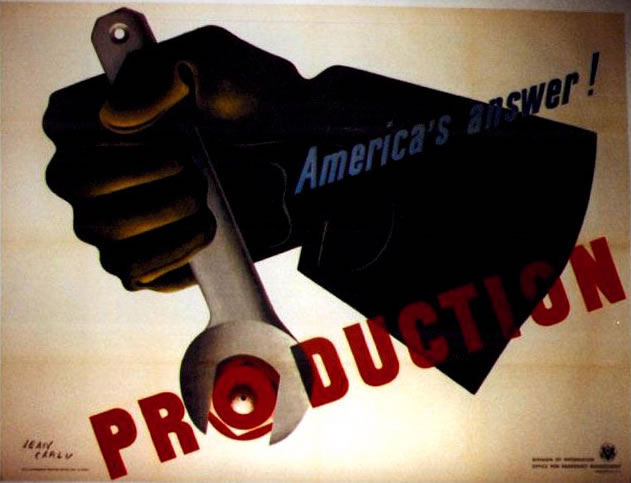We need the power of America, but it is hard to recognize it. Specially among citizens of Western Europe, people do not have a good opinion of American foreign policy. The situation varies if the White House incumbent is a member of the Democrats, but in general, it is like a tradition to criticise American actions and ask for helping when things are getting worse. Man is contradiction.
Anyway, it is clear that the public perception of the United States has had its worst image during the George W. Bush Presidency. Westerners rejected the war against terrorism and mainly the Irak War. We have also to say that Bush official have made many mistakes in public diplomacy. For example, the discovery of lies about the WMD, the Guantanamo experiences and other dubious moments for free democracy have reinforced the opposition to the American foreign policy in the last eight years.

Now, as the Obama Presidency is generating a new positive wave, it seems America lives in a timely moment to change the mind of the world.
Rand Corporation international relations scholars think that there are new opportunities. They argue that “U.S. strategic communication and public diplomacy have been the targets of scathing criticism and proposals for overhaul since shortly after September 11, 2001. Proposals and recommendations abound, but many reform efforts have stumbled or have been plagued by false starts”.
They have also point out that there is a lack of consistency in the work of several Government bodies, like the Department of State and Department of Defense, that are in charge of the public diplomacy strategy. One of the analysts, Christopher Paul, has published Whither Strategic Communication? A Survey of Current Proposals
and Recommendations, where he suggests an action plan based on the study of official documents and the proposals of a group of experts.
“This paper reviews contemporary thinking regarding the advancement of U.S. strategic communication, cataloging recent recommendations and identifying common themes and the frequency with which they are endorsed. It is based on the recommendations put forth by the 36 selected documents and articulated in more than a dozen interviews with stakeholders and subject-matter experts”.
The study focuses on four main questions: A call for “leadership,” a demand for increased resources for strategic communication, a call for a clear definition of an overall strategy and the need for better coordination. Experts agree that the United States need to recognize it does not enjoy a natural support from other countries and has to recover the popularity it had in other times. A major effort is necessary in terms of coordination of Departments. Also, it is convenient to increase the personal and material resources for public diplomacy and to make an intensive use of new technologies.
I think that they only have to repeat the impressive propaganda and public diplomacy programmes they set up around the First and Second World War, which now are essential hits of the History of Public Communication. It is true that at that time society was more naive, but the plans were so smart.

Deja una respuesta